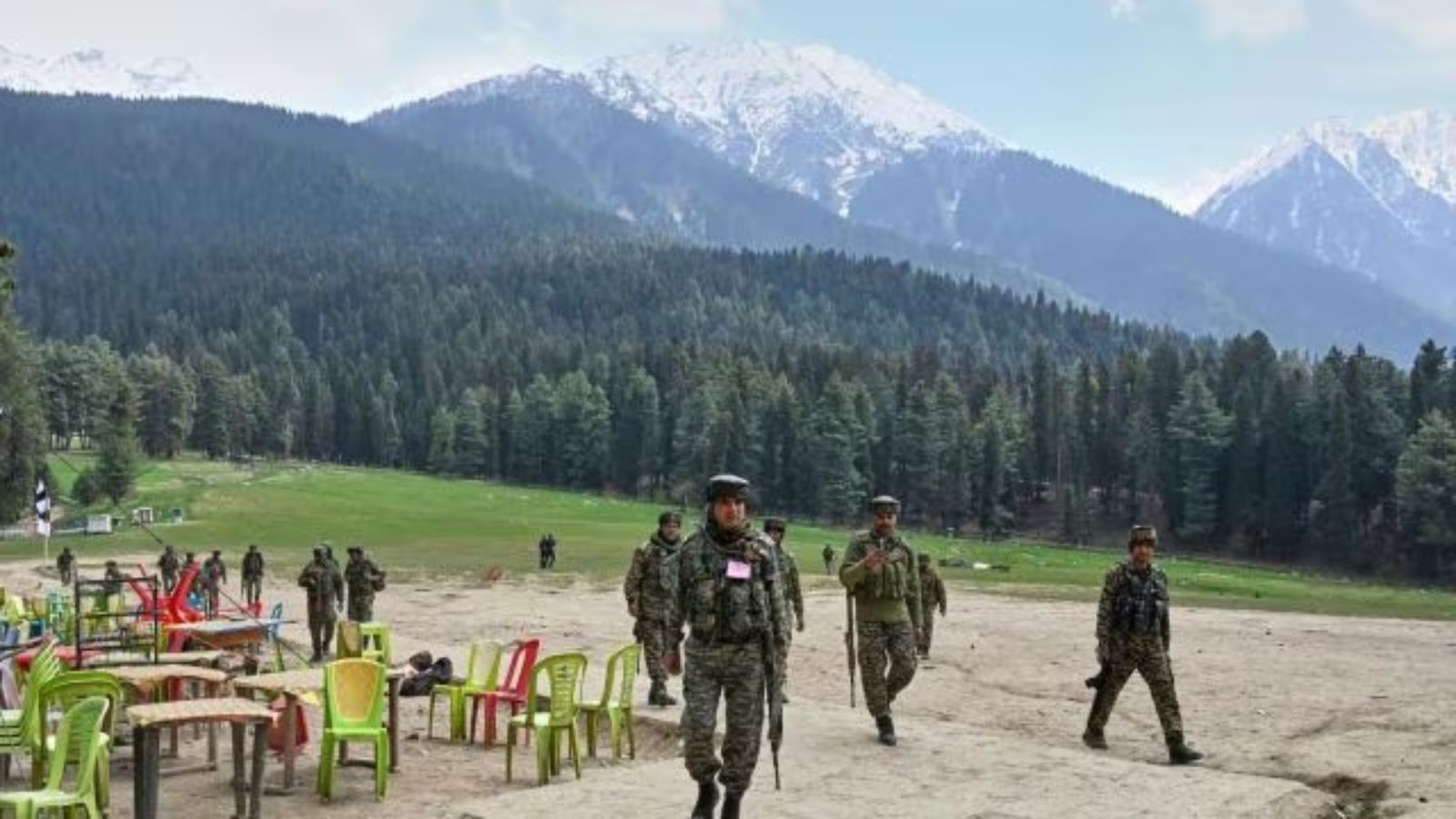Jammu court rejects NIA plea for polygraph test on men accused of harbouring Pahalgam attackers, says it ‘violates right against self-incrimination’
Pahalgam residents Bashir Ahmad Jothatd and Parvaiz Ahmed were arrested on charges of harbouring and providing food and other logistical support to the terrorists involved in the killing of 26 people on April 22
 The NIA had filed the application seeking permission to conduct a polygraph/narco analysis test of the accused. (File Photo)
The NIA had filed the application seeking permission to conduct a polygraph/narco analysis test of the accused. (File Photo)A court in Jammu has rejected the National Investigation Agency’s plea to conduct a polygraph test on two men arrested in connection with the Pahalgam terror attack, saying that “involuntary administration of scientific techniques such as narco-analysis, polygraph examination test would violate the right against self-incrimination enumerated in Article 20(3) of the Constitution”.
“This is because the underlying rationale of the said right is to ensure the reliability as well as voluntariness of statements that are admitted as evidence,” observed Special Judge Sandeep Gandotra, adding, “Innovations of compelling public interest cannot justify the dilution of constitutional rights such as the right against self-incrimination.”
Pahalgam residents Bashir Ahmad Jothatd and Parvaiz Ahmed were arrested on charges of harbouring and providing food and other logistical support to the terrorists involved in the killing of 26 people on April 22 this year.
Pointing out that the accused have been in custody since their arrest on June 22, the NIA had filed the application seeking permission to conduct a polygraph/narco analysis test of the accused, saying they are inconsistent on various points in their statements, and this is hampering the investigation.
It further submitted that the polygraph/narco test of the accused needs to be conducted to get precise and substantial leads regarding the investigation, and they have “volunteered to lie detector test and narco analysis test to prove their innocence” and have given their consent.
In support of their application, NIA referred to a 2017 Supreme Court judgment in Selvi & others v/s State of Karnataka, wherein it held that no individual should be forcibly subjected to any of the techniques in question, whether in the context of investigation in a criminal case or otherwise.
“However, we do leave room for the voluntary administration of the impugned techniques in the context of criminal justice, provided that certain safeguards are in place,” the Supreme Court had observed.
Pointing out that both the accused are pony operators from the Gujjar/Bakerwal community and are unlettered, the defence counsel, Ashwani Kumar, objected to the NIA application, saying that “no voluntary consent statement” from them was taken by the agency for the purpose, and they should have been produced before a judicial magistrate who will record the reasons, apprise them in their language of the tests and grant them sufficient time to think before recording their consent.
Following the defence counsel’s objections, both the accused were produced before the court on August 29, and after the court explained to them in Urdu the procedure for conducting a polygraph/narco analysis test, both in the open court declined their consent, the court pointed out, while rejecting the NIA application.







